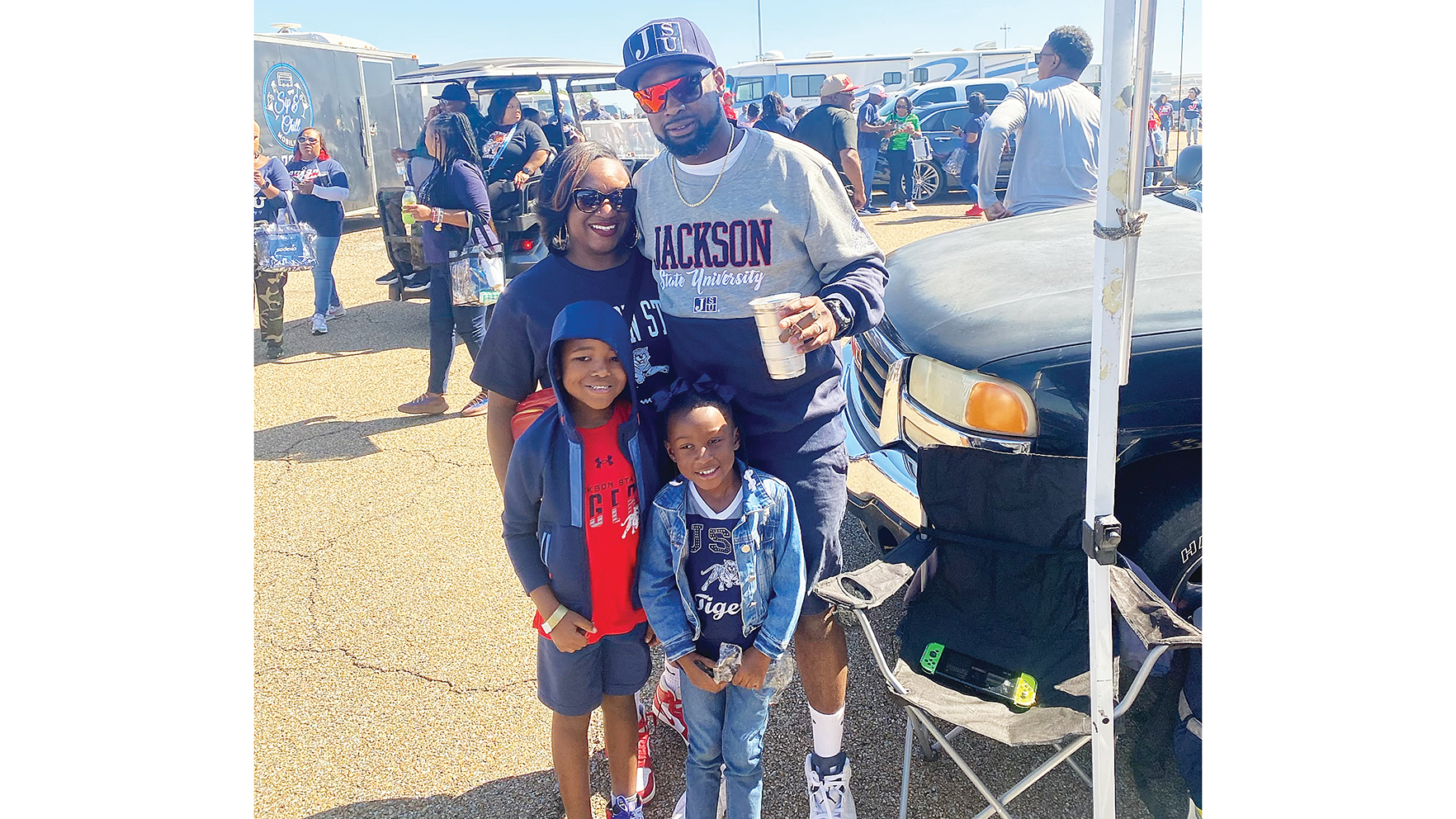Mississippi Trappers Association visits Commission
Published 4:14 pm Thursday, September 19, 2024

- Kennie Prince with the Mississippi Trappers Association carries a variety of furs before speaking to the Mississippi Department of Wildlife, Fisheries and Parks. (Hunter Cloud | The Daily Leader)
JACKSON — Members of the Mississippi Trappers Association spoke with the Mississippi Department of Wildlife, Fisheries and Parks Commission Wednesday morning. The group’s presentation came in the second half of an educational session.
Kennie Prince told the commission they were there solely for educational purposes and to work with MDWFP to further education on trapping practices. Prince said trapping interest has gone down in relation to fur prices decreasing.
Mississippi’s trapping license sales dropped from 2,404 in 1983 to 219 in 1996. Trapping license sales rebounded a little bit in 1997 and trended upwards to a peak of 919 in 2015 and have a last reported number of 782 licensed trappers in 2019.
Trending
Prince said the organization works to educate landowners and managers on how to trap properly. Mississippi Trappers Association’s goal is to protect trapping as a whole.
“It takes one bad apple to mess up the whole group,” Prince said.
He started trapping in 1968 and has seen the transformation of nuisance animals and nest predator control. Prince claims red and gray foxes are coming back in numbers. MDWFP’s last report on harvest success for trappers showed 193 red foxes were trapped and 553 gray foxes were trapped in the 2018 to 2019 trapping season. Those numbers are among the lowest in recent history.
Prince was asked about his thoughts on a bounty system. He previously worked for the MDWFP and saw first hand abuse of the bounty system by out of state hunters.
“Bounty systems do not work. I spoke with people in South Dakota and they have a thing where they are doing it for the kids bringing in coon tails and they are out of money in two weeks,” Prince said.
Commissioner William Mounger asked the group their thoughts about an open season on raccoons because Tennessee expanded the season for hunters to kill raccoons with guns. Mounger said he knows raccoons, skunks and possums are detrimental to turkey nesting success.
Trending
“Right now, I think talking with our board about a depredation permit on raccoons is the biggest thing,” Prince said. “We as an association are against opening the trapping season all the way up in case fur prices ever go back up. I don’t know if they ever will but you would have people trapping out of fur.”
Prince added if they ever lost the live market the trapping of coyotes would go away. He showed pictures of a coyote waiting by a feeder for a doe and her fawn to show up. The same feeders are also highly visited by raccoons with a Mississippi State University Deer Lab study finding over 40 percent of feeder visits are by raccoons, a nest predator of wild turkeys.
Nest and fawn predator control continue to be talking points for trappers in Mississippi. Research has found conflicting findings on the impacts of coyotes on fawn and turkey poult recruitment. A lot of different factors influence population and ecological dynamics. Studies have also shown predator control can make a difference on small spatial scales as can habitat management.





